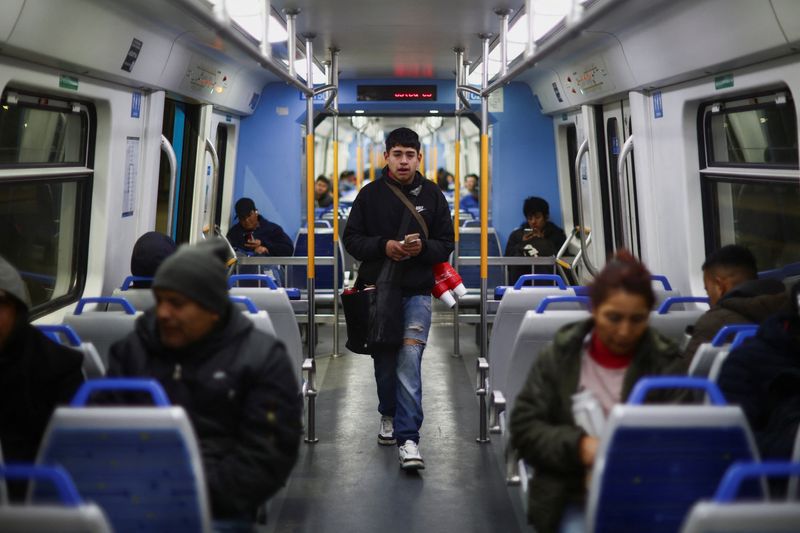Trains in Argentina’s capital Buenos Aires slowed to a crawl on Thursday, doubling passengers’ commute time, according to union rail workers who held an unusual protest demanding better wages after talks with company officials failed to resolve the situation. La Fraternidad (The Brotherhood) railway workers’ union said it had decided to call the strike, slowing trains down to just 19 miles per hour (30 kmh) after wage negotiations failed with Trenes Argentinos, the state firm that oversees the rail network, as annual inflation nears 300%. The workers are seeking wage hikes to match the spiraling costs of living, the union said. The measure generated heavy delays for passengers living across the capital. “People who have to swap between the train and buses are going to lose their attendance bonus today,” said teacher Segundo Acuna, who usually commutes by train. “Their lives are going to get complicated.” Other passengers said they appreciated the trains would continue running – although the union has warned of a 24-hour stoppage nationwide if no agreement is reached by June 4. “I think it’s better than other measures where you can’t travel,” said analyst Gabriela Fanego, who also commutes by train. “At least they give you the possibility of continuing to travel and you don’t have to choose other means of transport.” The protest took place across both passenger and freight lines. As well as a pay rise in line with inflation, workers are also demanding more investment and safety, after a passenger train collided into an empty train car in Buenos Aires early this month, injuring dozens. Government authorities have called Trenes Argentinos and the union together on June 6 to try to reach an agreement.
